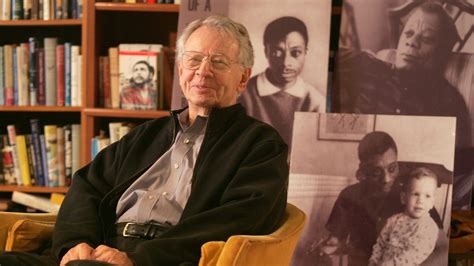A Quote by Sol Stein
Readers take in dialogue one thought at a time. A frequent mistake of beginners is to combine thoughts, which may be suitable for other forms of writing but not for dialogue. Another mistake is speechifying. Three sentences at a time is tops, yet many beginners write speeches that go on and on.
Related Quotes
When you see runners in town is easy to distinguish beginners from veterans. The ones panting are beginners; the ones with quiet, measured breathing are the veterans. Their hearts, lost in thought, slowly tick away time. When we pass each other on the road, we listen to the rhythm of each other's breathing, and sense the way the other person is ticking away the moments.
When I'm writing a script, before I can write dialogue or anything, I have two or three hundred pages of notes, which takes me a year. So, it's not like "what happens next." I've got things that I'm thinking about but I don't settle on them. And if I try to write dialogue before then, I can't. It's just garbage.
The way you write dialogue is the same whether you're writing for movies or TV or games. We use movie scriptwriting software to write the screenplays for our games, but naturally we have things in the script that you would never have in a movie script -- different branches and optional dialogue, for example. But still, when it comes to storytelling and dialogue, they are very much the same.
Cartooning is completely different from other media: it is closely related to film and prose, other narrative forms, but the skills needed to realize a story are very different, and include not only drawing and writing dialogue and narration, but graphic design and the ability to depict time passing visually. It's a whole suite of skills that has to go into making a comics page, skills that are quite distinct from those that go into writing a page of prose, or making a film.
The mistake we make with many people - not just Russia - is that we believe we have the model, and there is a sort of a condescension in our dialogue with other societies, which was especially painful in several administrations to Russia. I think in Russia, the Yeltsin period is not considered a period of great achievement, but a period of corruption and humiliation.


































